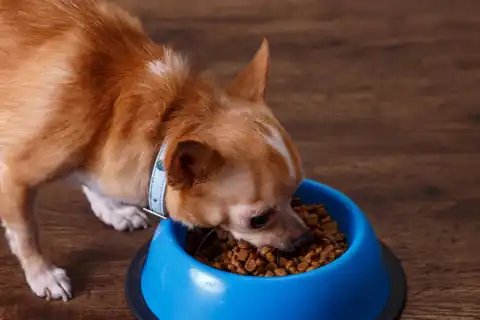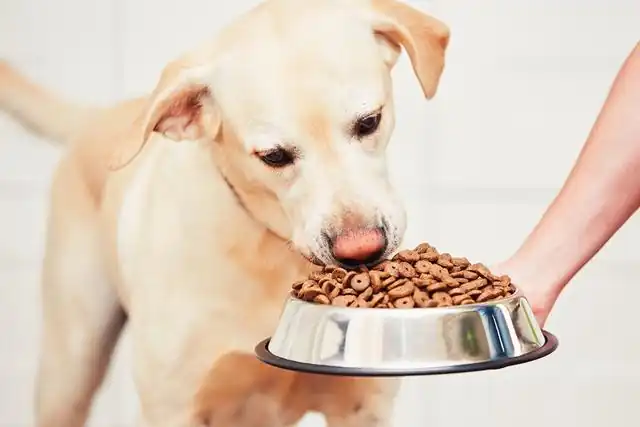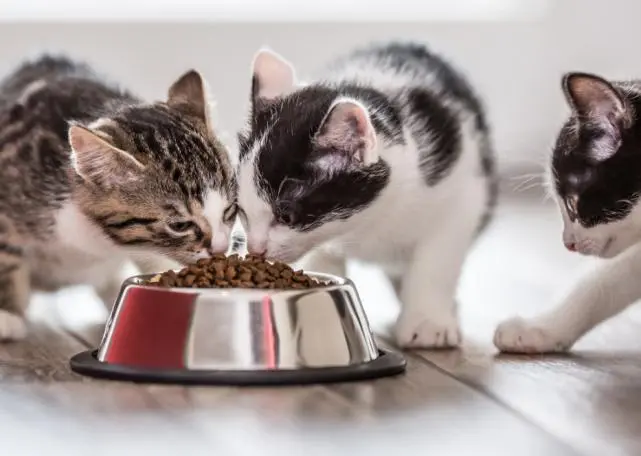Pet food is food specially provided for pets (such as cats, dogs, small animals, etc.). It is a high-end animal food between human food and traditional livestock and poultry feed. Its main function is to provide various pets with the most basic nutrients needed for life assurance, growth, development and health. Pet food has the advantages of comprehensive nutrition, high digestion and absorption rate, scientific formula, quality standards, convenient feeding and use, and can prevent certain diseases.

The nutritional design and manufacturing of pet food must be guided by pet nutritionists specializing in pet nutrition, and there must be strict proportions of various nutrients. Pet food covers six major nutritional components: moisture, protein, crude fat, crude ash, crude fiber, and nitrogen-free extract. These nutrients are essential for your pet’s health, growth, and development. For example, protein is the building block of your pet’s body tissue, fat is an important source of energy and body temperature, and certain vitamins and minerals play a key role in your pet’s immune system and bone health.

At the same time, certain ingredients and additives in pet food can also have a positive impact on pets. For example, certain additives can enhance a pet’s appetite and help it better absorb nutrients; while some specially formulated pet foods, such as those for sensitive gastrointestinal or skin problems, can effectively improve the pet’s health.

When purchasing and using food for pets, you should choose it according to the pet’s own physiological characteristics and growth stage, and mix and feed it reasonably. At the same time, attention should also be paid to avoiding over-reliance on pet food, and should be appropriately combined with other nutritional sources, such as fresh meat, vegetables, etc., to provide balanced nutrition for pets.

Additionally, treats play an important role in your pet’s diet. Not only do they help promote emotional communication between pets and owners, they can also serve as training aids. Some treats can also regulate your pet’s mood and relieve feelings of anxiety or loneliness. At the same time, snacks can also meet many physiological needs of pets, such as supplementing various nutritional needs such as protein, vitamins, fats, etc., and also have the functions of grinding teeth, cleaning teeth, removing bad breath, and increasing appetite.

In general, pet food has a comprehensive impact on pets. It is not only the main source of nutrition for pets, but also plays a vital role in their health, growth and development. Therefore, owners need to carefully choose food suitable for their pets, and mix and feed them appropriately to ensure the health and happiness of their pets.
